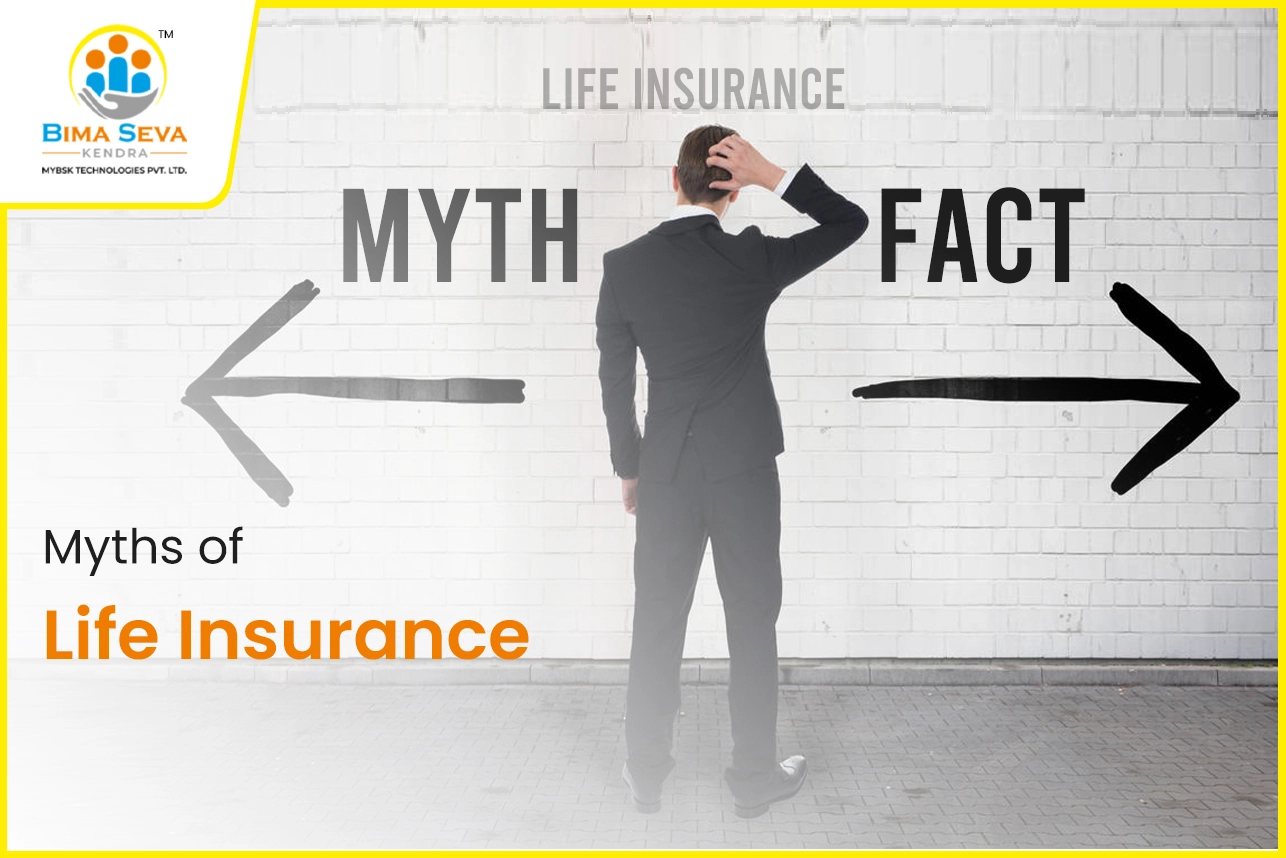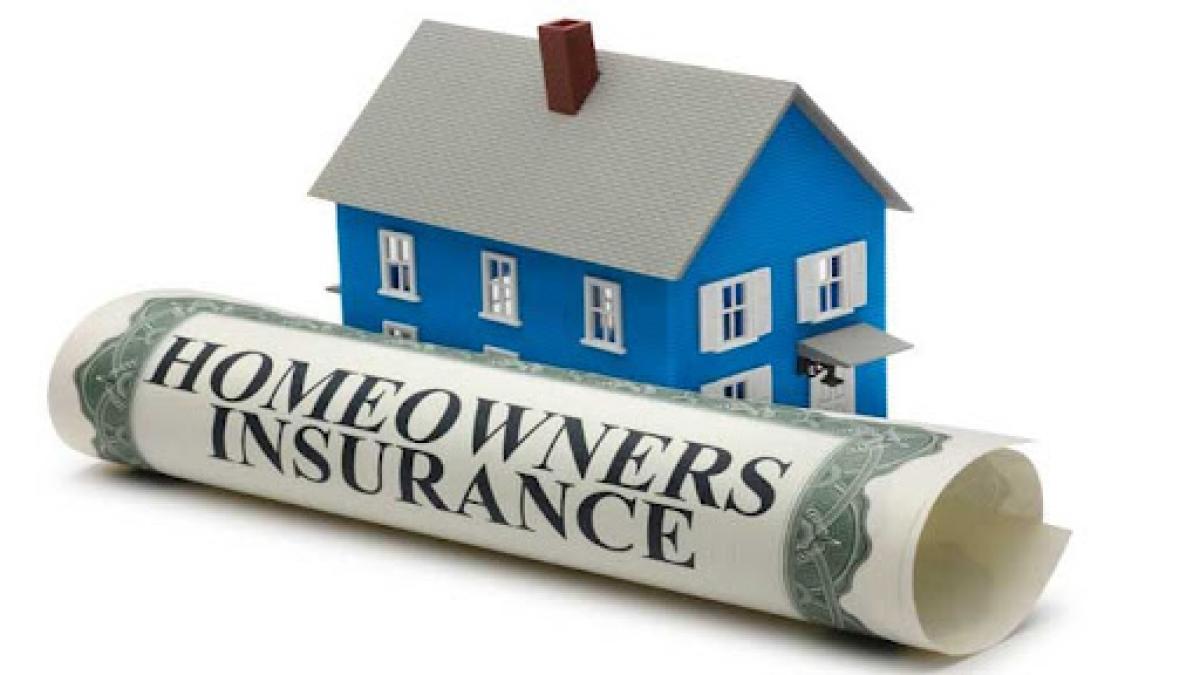Finding the right car insurance can feel overwhelming—there are so many options, and prices vary wildly. You want great coverage but don’t want to overpay. The good news? With a little research, you can save hundreds per year without compromising protection.
In this guide, we’ll break down:
✔ The cheapest (but still reliable) car insurance companies
✔ Key factors that affect your rates
✔ Proven tricks to lower your premium
Let’s get started.
Top 5 Cheapest Car Insurance Companies in 2024
Not all budget insurance is created equal. Some cut corners on service or claims handling. After analyzing customer reviews and pricing, these five providers offer the best balance of affordability and reliability:
1. Geico
- Best for: Low rates + strong customer service
- Average annual cost: $1,200
- Why we recommend it: Geico consistently ranks as one of the cheapest insurers, especially for safe drivers. Their mobile app makes claims easy.
2. State Farm
- Best for: Bundling (home + auto discounts)
- Average annual cost: $1,300
- Why we recommend it: If you want a local agent, State Farm’s network is huge. Good discounts for students and safe drivers.
3. Progressive
- Best for: High-risk drivers (DUIs, accidents)
- Average annual cost: $1,350
- Why we recommend it: Progressive’s Name Your Price® tool helps you find a policy within your budget.
4. USAA
- Best for: Military members & families
- Average annual cost: $1,100
- Why we recommend it: If you qualify, USAA has the lowest rates and best customer satisfaction.
5. Erie Insurance
- Best for: Regional affordability (not nationwide)
- Average annual cost: $1,250
- Why we recommend it: Erie offers accident forgiveness and low rates in covered states.
💡 Pro Tip: Always get at least 3 quotes—rates vary based on your location, car, and driving history.
What Affects Your Car Insurance Rates?
Insurers look at dozens of factors, but these have the biggest impact:
1. Your Driving Record
- Clean record? You’ll pay 30-50% less than drivers with tickets or accidents.
- A DUI can double or triple your rates.
2. Your Age
- Teen drivers pay the most (adding a 16-year-old can cost $2,000+ yearly).
- Rates drop at 25 and again at 30.
3. Your Location
- Cities = higher rates (more accidents & thefts).
- Some states (Michigan, Louisiana) are much pricier due to local laws.
4. Your Car’s Value & Safety Features
- A luxury car costs more to insure than a used Honda.
- Safety discounts are available for features like automatic braking.
7 Ways to Lower Your Car Insurance Bill
1. Raise Your Deductible
- Going from $500 → $1,000 deductible can cut premiums 10-20%.
- Only do this if you have savings to cover the higher out-of-pocket cost.
2. Ask About Discounts
- Common discounts: Safe driver, multi-policy, good student, anti-theft devices.
- Overlooked discount: Paying annually instead of monthly saves ~5%.
3. Drop Unnecessary Coverage
- If your car is old, consider dropping collision/comprehensive.
- Example: A car worth $3,000 might not need $1,000/year in extra coverage.
4. Bundle Home & Auto
- Companies like State Farm & Allstate offer up to 25% off for bundling.
5. Improve Your Credit Score
- In most states, better credit = lower rates.
- Exception: California, Hawaii, and Massachusetts don’t use credit for pricing.
6. Drive Less
- Usage-based programs (like Progressive Snapshot) reward low-mileage drivers.
7. Recheck Rates Every 6 Months
- Loyalty doesn’t always pay—switching insurers can save you $300+/year.
Final Thoughts: Don’t Overpay for Car Insurance
Cheap insurance doesn’t mean bad coverage. By comparing quotes, leveraging discounts, and adjusting your policy, you can save money while keeping great protection.
Next Steps:
- Get free quotes from at least 3 companies.
- Ask about every possible discount.
- Re-evaluate every year—your rate shouldn’t creep up for no reason.
Did we miss a tip that saved you money? Share in the comments!





